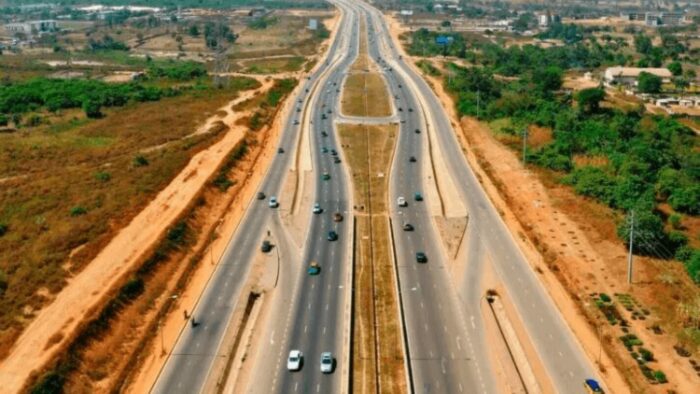The Lagos Calabar Coastal Highway is a major road project in Nigeria that aims to connect Lagos in the southwest to Calabar in the southeast, running along the coast. This ambitious highway is designed to link several important cities and regions, making travel easier and boosting trade, tourism, and development along Nigeria’s coastline.
What Is The Lagos Calabar Coastal Highway?
The Lagos-Calabar Coastal Highway is a proposed 1,000-kilometer road that will stretch from Lagos, Nigeria’s largest city, to Calabar, a key city in the southeast. This highway will pass through several states, including Ogun, Ondo, Delta, Bayelsa, Rivers, and Akwa Ibom, before ending in Cross River State. The road will connect major cities like Port Harcourt, Warri, and Uyo, providing a direct and efficient route for travelers and goods.
Benefits Of The Highway
- Improved Transportation: Once completed, the Lagos-Calabar Coastal Highway will make it much easier to travel between cities along the coast. This will reduce travel time and make road trips more comfortable for people who live in or visit these areas.
- Boost to Trade: The highway is expected to enhance trade between the different regions of Nigeria. With a faster and more reliable road, businesses can move goods more easily, leading to economic growth and creating more job opportunities.
- Tourism Development: Nigeria’s coastal regions are known for their beautiful beaches and tourist attractions. The highway will make it easier for tourists to explore these areas, which could increase tourism and bring more money into the local economy.
- Regional Connectivity: The highway will improve the connection between Nigeria’s southwest and southeast regions. This will help to unify the country by making it easier for people to travel and do business across different parts of Nigeria.
Challenges and Concerns
While the Lagos-Calabar Coastal Highway promises many benefits, some challenges need to be addressed. One major concern is the impact on the environment, especially in areas like the Niger Delta, which is rich in natural resources and wildlife. Careful planning and environmental protection measures will be needed to ensure that the highway does not harm these important ecosystems.
Another challenge is the funding and construction of the highway. Building such a long and complex road will require significant investment, and there may be delays or difficulties along the way. The government needs to work closely with local communities and international partners to make sure the project is completed successfully.
Final Thought
The Lagos-Calabar Coastal Highway is an exciting project that has the potential to transform Nigeria’s coastal regions. By improving transportation, boosting trade, and promoting tourism, the highway could bring many benefits to the country. However, it’s also important to address the challenges and make sure the project is carried out in a way that protects the environment and supports the needs of local communities. As Nigeria moves forward with this project, the Lagos-Calabar Coastal Highway could become a vital part of the country’s infrastructure, helping to connect people and places along the beautiful Nigerian coast






